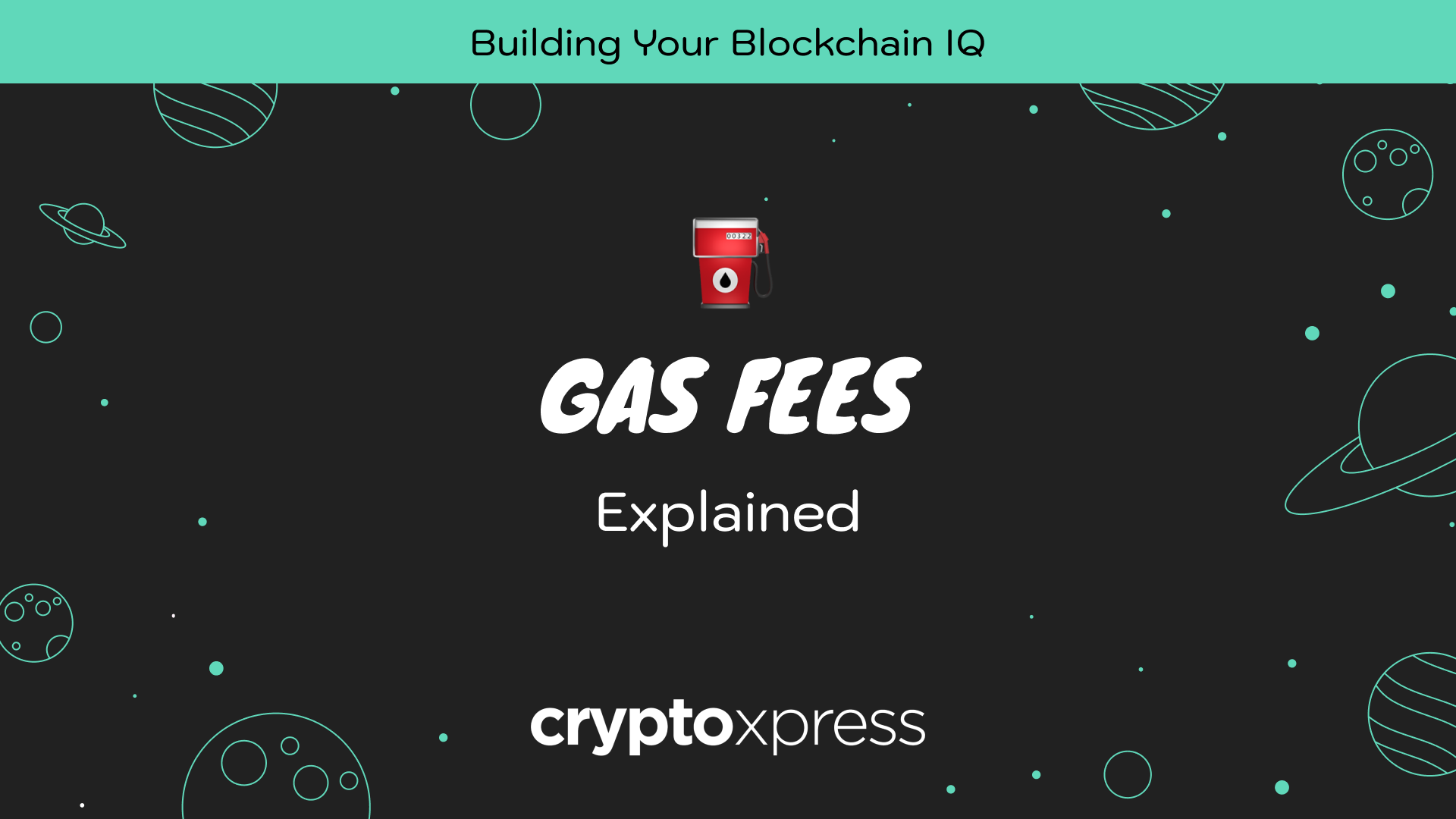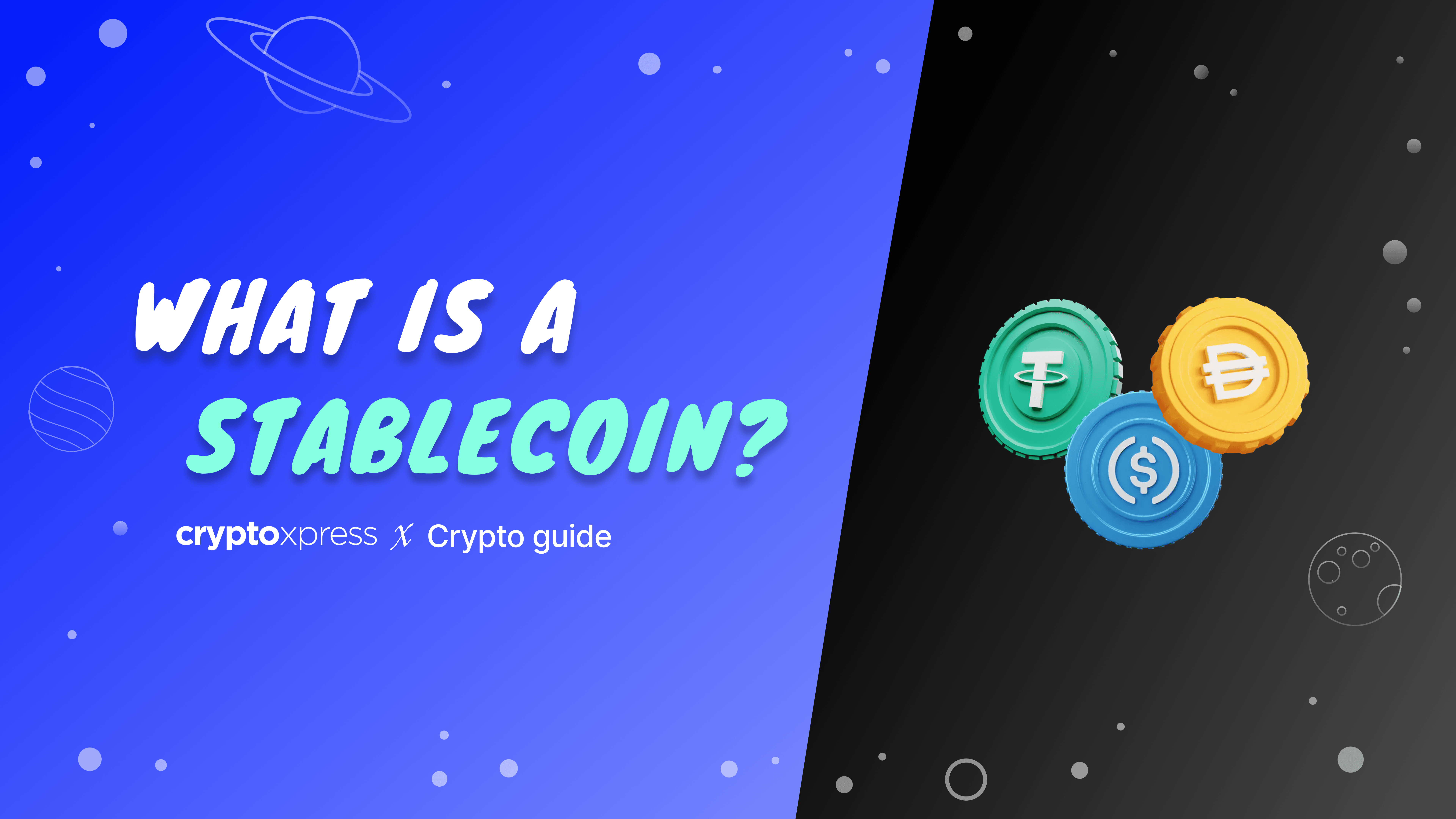|
Getting your Trinity Audio player ready...
|
Gas Fees Explained
TL;DR: Gas fees are the costs of performing actions on a blockchain. They’re essential for security and functionality but can vary wildly depending on network congestion and complexity. Learn how they work and how to manage them efficiently with CryptoXpress.
Picture this: You’re at the gas pump, filling your car, watching the dollar signs tick up. Now, imagine you’re transacting on a blockchain instead of the highway, and instead of gasoline, you’re paying gas fees. Not quite the same thrill, but just as vital to keeping things moving.
Gas fees, in the crypto world, are the price paid to process transactions or execute smart contracts on a blockchain network. If you’ve ever wondered why you’re shelling out extra to move your tokens around, this guide will fuel your understanding. Let’s dive in.
What Are Gas Fees?
Gas fees are transaction costs paid to blockchain validators—the network’s unsung heroes who ensure transactions are legitimate and recorded securely. These fees compensate them for the computational power required to maintain the network. Think of it as paying tolls to cross a well-kept highway.
But why call it “gas”? The term originated from Ethereum, where gas refers to the pricing mechanism used to calculate the cost of performing a transaction or executing a smart contract. Gas is a special unit used to measure how much computational work a task requires. Demanding tasks naturally incur higher gas costs than simpler operations.
While fees are ultimately paid in ether (ETH), gas itself is distinct from ETH. Simply put:
- Gas Cost: The amount of work required for a task.
- Gas Price: The price paid in ETH for each unit of gas.
For instance, sending ETH might require 21,000 units of gas. Multiply this by the gas price (denominated in gwei, where 1 gwei = 0.000000001 ETH), and you get the total transaction fee.
Why Do Gas Fees Exist?
Gas fees serve several purposes, including:
- Network Security: Validators need incentives to process transactions and secure the blockchain. Gas fees are their payday.
- Spam Prevention: By charging fees, the network avoids becoming cluttered with spam transactions.
- Prioritization: Higher gas fees can prioritize your transaction during peak activity, ensuring quicker processing.
Without gas fees, blockchains would struggle with overload, inefficiency, and vulnerability.
How Are Gas Fees Calculated?
Gas fees are influenced by three main factors:
- Gas Limit: The maximum amount of gas you’re willing to spend on a transaction. Complex tasks require higher limits.
- Gas Price: Determined in gwei, this reflects the cost of each gas unit. Prices fluctuate based on network demand.
- Transaction Complexity: More demanding operations (e.g., deploying smart contracts) consume more gas.
For example, deploying a smart contract may cost millions of gas units. Multiply the gas used by the gas price, and voilà: that’s your fee.
Why Do Gas Fees Fluctuate?
Gas fees are infamously volatile, primarily because:
- Network Congestion: Popular blockchains like Ethereum can get crowded, especially during NFT drops or major token launches.
- Market Dynamics: Gas fees often spike during periods of high activity.
- Upgrades and Innovations: Protocol updates can temporarily increase fees or lead to changes in how they’re calculated.
Tips to Manage Gas Fees
Here’s how to minimize your gas-fee headaches:
- Pick Off-Peak Hours: Use the network during quieter times when fees are lower.
- Set a Budget: Cap your gas price to avoid overspending. However, this might delay your transaction.
- Use Layer-2 Solutions: Platforms like Polygon or Arbitrum offer lower fees while leveraging Ethereum’s security.
- Leverage CryptoXpress: Our platform simplifies transactions and offers guidance on optimizing gas fees. Why navigate this maze alone?
What’s Changing in Gas Fees?
Blockchain developers are working hard to make gas fees more predictable and affordable. For instance:
- Ethereum’s Upgrades: The switch to Ethereum 2.0 introduced measures to lower fees and improve efficiency.
- Alternative Blockchains: Competitors like Solana and Binance Smart Chain boast lower fees, providing alternatives for users.
- EIP-1559: This Ethereum proposal restructured how fees are calculated, making them more user-friendly.
Innovation is key to a smoother, more affordable blockchain experience, and platforms like CryptoXpress are here to help you stay ahead.
Gas fees may seem like a necessary evil, but they’re what keeps the blockchain humming. By understanding how they work and using the right tools, you can navigate the crypto highway with confidence.
Curious to learn more about making crypto transactions seamless? Explore how CryptoXpress can power your Web3 journey.
About CryptoXpress
CryptoXpress is on a mission to democratize and simplify financial services for the modern generation. Founded in 2018 by a team of global blockchain, design, and finance experts, CryptoXpress offers a seamless mobile app that bridges the gap between cryptocurrency and everyday life. With an intuitive user experience, the app allows users to easily buy and trade crypto, book travel, purchase gift cards with crypto, make payments, and access digital transfers. Additionally, CryptoXpress provides exclusive loyalty perks, retail offers, and member benefits tailored to enhance convenience and value.
The app was designed to address key challenges faced by cryptocurrency users, particularly beginners. While the demand for cryptocurrencies continues to grow, a steep learning curve often prevents new investors from fully engaging in the market. CryptoXpress removes these barriers by simplifying the complexities of crypto, making it accessible for everyone.






